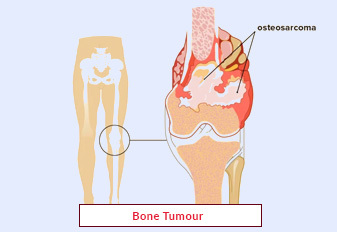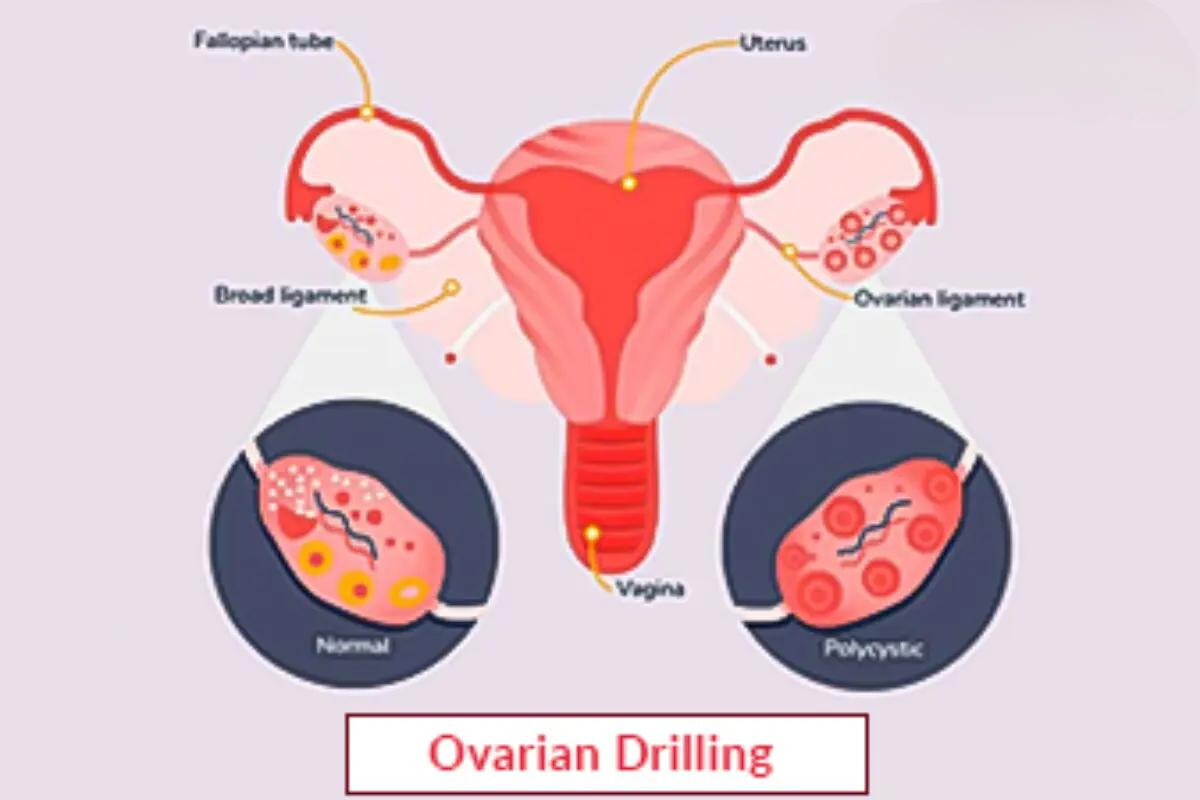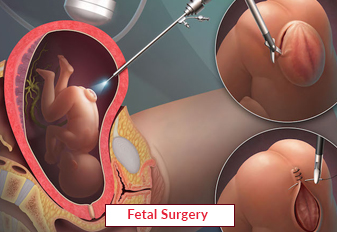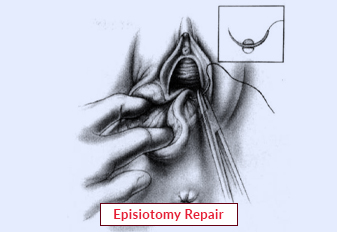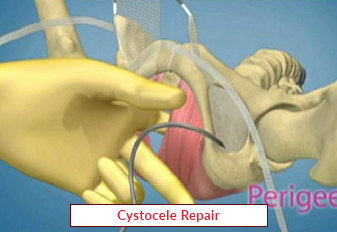When cells of the body are divided abnormally then there is a creation of mass or lump. These masses or lumps are called Tumor. Basically Bone Tumor/Cancer form in your bones and continously grows. In such cases, the normal tissues are replaced by irregular tissues. Before prescribing the treatments for bone tumors, the healthcare provider will evaluate first if it is a benign or malignant tumor. Benign tumors are not cancerous; malignant tumors are. Among the common symptoms of bone tumors, the following exist: pain, swelling, lumps, broken bones, tiredness, and/or loss of weight. Besides these, there are several other techniques available based upon the type and stage of the tumor under consideration. With advanced medical facilities, it is possible to diagnose such types of tumor and all best options of bone tumor treatment will be explained below.
Types of Bone Tumors
There are several types of Bone Tumors based on characteristics and nature:
Benign Bone Tumor: (Noncancerous)
Benign Bone Tumor are noncancerous. These tumors grow slowly and do not spread other part of your body as compare to cancerous tumors. Benign tumors are not generally problematic. In some cases may require surgical removal if benign tumors turns into malignant tumors.
Benign tumors are typically not harmful unless they are:
- Applying pressure on the surrounding blood vessels, nerves, or tissues
- Causing damage
- Resulting in an overproduction of hormones
Some common benign tumors are:
- Adenomas
- Hemangiomas
- Fibroids
- Lipomas
Malignant Tumor: (Cancerous)
Malignant tumors are those cells which grows quickly and attack nearby tissues of the body. These tumors are abnormals and very different from the surrounding tissues. Malignant tumors are cancerous. The shape of these tumors are irregular. If a person suffers from malignant tumors then they must need surgery/treatment.
Most commonly malignant tumors diagnosed are as follows:
- Breast cancer
- Lung cancer
- Stomach cancer
- Colorectal cancer
- Prostate cancer
Chondrosarcoma
Chondrosarcoma most frequently affects patients between the ages of 40 to 70. The hip, pelvis, or shoulder are the areas where the majority of instances occur.
Chondrosarcoma symptoms are:
- Joint stiffness
- large lump on bone
- Increasing Pain
- Bladder control problems
- Weakness
Multiple Myeloma
It occurs in about 20 of every million people. Most cases are in people in the age group of 50 to 70 years. Any bone may be affected.
Multiple myeloma symptoms are:
- Bone pain
- Anemia
- Hypercacemia
- Weight loss
- Kidney problems
- Leg swelling
Osteosarcoma
Osteosarcoma is the second most frequent type of bone cancer, affecting approximately 2-3 new individuals per million people each year. Teenagers represent the largest number of cases. Tumors surround the majority of knees. The hip and shoulder are two other common sites for them.
Osteosarcoma symptoms are:
- Increased in pain while performing acitivity
- Swelling & Redness at the site of the tumor
- Lump
- Loss of bladder
Ewing’s sarcoma:
People between the ages of 5 and 20 are the most common group to develop Ewing’s sarcoma. The typical locations for this condition are the upper arm, leg, pelvis, and ribs. The soft tissue surrounding your bones could be the source of it.
Ewing sarcoma symptoms are:
- Lump in chest, arm, pelvis or leg
- Bone pain
- Swelling & Tenderness
- Break in bone
Bone Tumor Symptoms and Causes
Bone Tumor Symptoms Include:
- Pain
- Fatigue
- Weight Loss
- Swelling or Redness on the affected bone area
- Limping
- Fever
While the majority of bone tumors/cancers have no known origin, there are a few that could be: radiation, injury, and genetic abnormalities. Some inherited diseases cause bone tumors in families, although this is not usually the case.
Diagnostic Tests for Bone Tumor
To diagnose bone tumor, your healthcare provider/doctor will perform several tests. Diagnostic tests that can help detect bone tumor/cancers include:
- Alkaline phosphatase (ALP)
- Bone biopsy
- Bone scan
- X-ray
- CT scans (computed tomography)
- MRI scans (magnetic resonance imaging)
- PET scans (positron emission tomography)
Bone Tumor Treatment:
Your treatment options will vary depending on the type of bone cancer you have. Following are some treatment given out help in your bone tumor procedures.
Surgery: Surgery is typically used to treat bone cancer. Your entire tumor is removed during surgery. To ensure that no cancer cells remain following surgery, your surgeon closely inspects the tumor’s margins.
Chemotherapy: This treatment involves using medication to target and destroy cancer cells throughout the body. Usually, the medication is given through an injection into a vein or taken as a tablet. Chemotherapy is one of the options available for treating primary or metastatic bone tumors as recommended by your healthcare provider.
The side effects of chemotherapy include:
- Tiredness
- Feeling sick
- Hair loss
- Anaemia
- Sore mouth
Radiation therapy: In this therapy doctor uses a combination of both surgery and radiation. They use a high dose of X-ray to destroy the cancer cell to reduce the tumors before surgery. Along with relief in pain, radiation can also decrease the risk of bone fractures.

